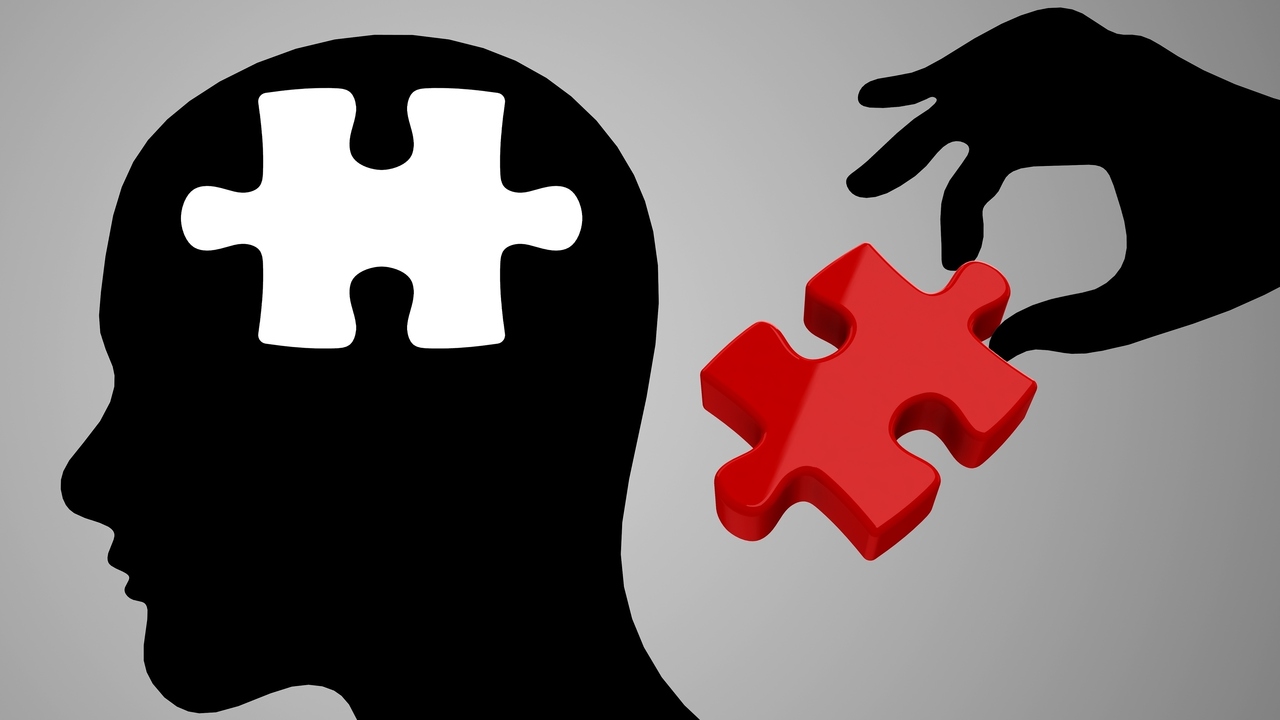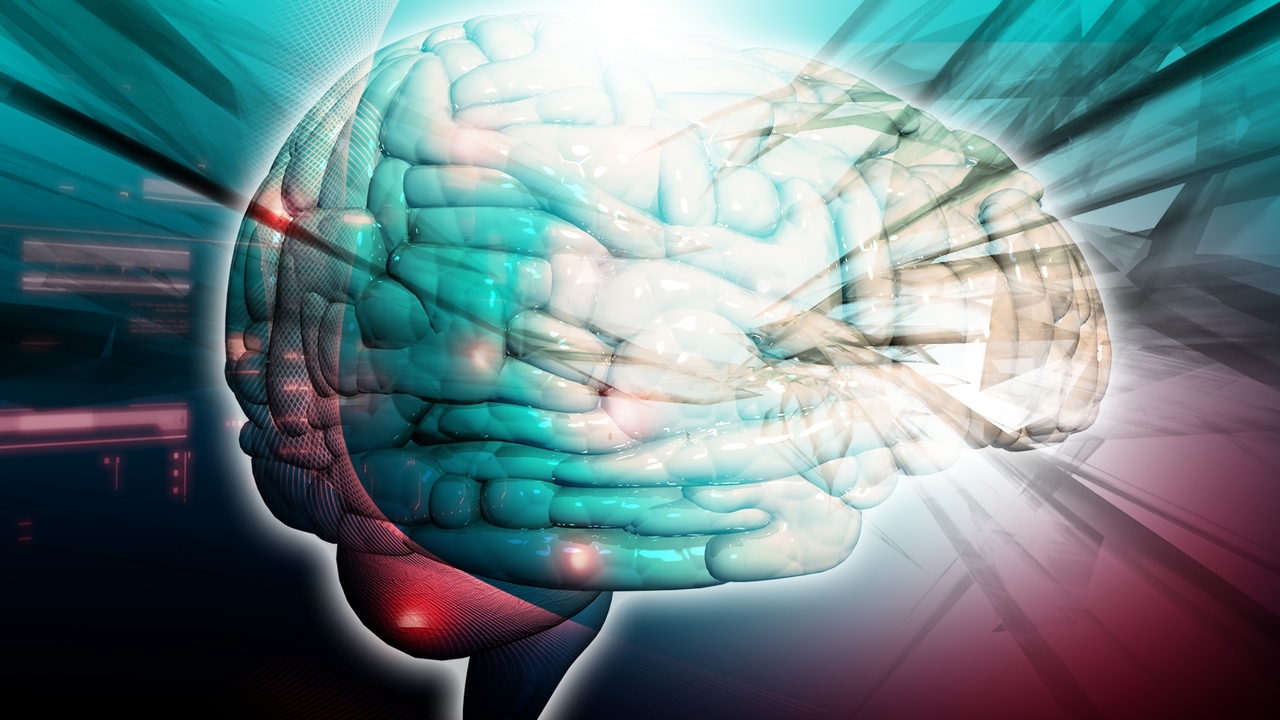During a Stroke What Happens to Your Body? The Science Behind It
 Beer Stefan/PhotoSpin
Beer Stefan/PhotoSpin
A stroke is a medical condition where part of the brain suffers from oxygen deprivation. It could be referred to as a brain attack or cerebrovascular mishap.
We rely on blood to carry oxygen to our bodies’ cells. Without it, they can die. When blood flow to the brain is disrupted, a person can experience a stroke. The brain cells can die if the blood supply — bringing oxygen — is not quickly returned. This can cause serious damage to the brain.
The two main types of strokes are ischemic and hemorrhagic.
Eighty-seven percent of all strokes are ischemic. When fatty deposits block a blood vessel, blood has trouble making its way to the brain. An ischemic stroke is caused by this obstruction. A blood clot is usually to blame for ischemic strokes.
A hemorrhagic stroke is caused by a weakened blood vessel that ruptures and bleeds into the brain.
A mini-stroke, also called a transient ischemic attack, occurs when a less than normal amount of blood gets to the brain for a short time. Mini-strokes last a few minutes, or up to a day. Many people aren’t even aware that they had a stroke. A mini-stroke can be a warning of a stronger stroke in the future.
Strokes can cause permanent damage to someone’s health. In addition, they can temporarily affect some functional capabilities. The damage depends on how much brain tissue is affected during the actual stroke, and where it happened in the brain.
A stroke can occur in the brain stem, the brain's right hemisphere, left hemisphere or cerebellum.
The brain stem controls all the body's functions that we don’t think about. This includes breathing, hearing, talking and swallowing.
The impulses that carry out these activities start in the brain and must travel through the brain stem on their way to the various parts of the body. Patients with a brain stem stroke may become paralyzed, or not be able to move or feel on one or both sides of the body.
When a stroke takes place in the brain’s right hemisphere, a person can have difficulty judging distances, and may experience impaired behavior and judgment, as well as short-term memory loss.
A stroke in the left hemisphere may lead to speech and language problems, memory problems and slow movements.
When someone has a cerebellum stroke, their head and upper body can experience abnormal reflexes. They can also have balance problems and dizziness, nausea and vomiting.
KidsHealth.org warned that stroke usually comes on suddenly with several of these symptoms:
- A very bad headache
- Dizziness
- Numbness or weakness, particularly on one side of the body
- Loss of balance or coordination
- Trouble speaking or understanding speech
- Vision trouble
Spotting stroke symptoms early, and quickly receiving treatment, can help reduce long-term effects and make a significant difference in someone’s recovery.
Sources:
Abram, Harry. "Stroke." KidsHealth - the Web's Most Visited Site about Children's Health. The Nemours Foundation, 1 June 2013. Web. 25 May 2015.
http://kidshealth.org/kid/grownup/conditions/stroke.html
"Healthcare-Online." What Happens During a Stroke? Web. 25 May 2015.
http://www.healthcare-online.org/What-Happens-During-a-Stroke.html
Wilson, Jacque. "What Happens during a Stroke - CNN.com." CNN. Cable News Network. Web. 25 May 2015.
http://www.cnn.com/2013/02/17/health/stroke-explainer
"EPublications." Stroke Fact Sheet. Web. 25 May 2015.
http://womenshealth.gov/publications/our-publications/fact-sheet/stroke.html
Reviewed May 28, 2015
by Michele Blacksberg RN
Edited by Jody Smith





Add a CommentComments
There are no comments yet. Be the first one and get the conversation started!